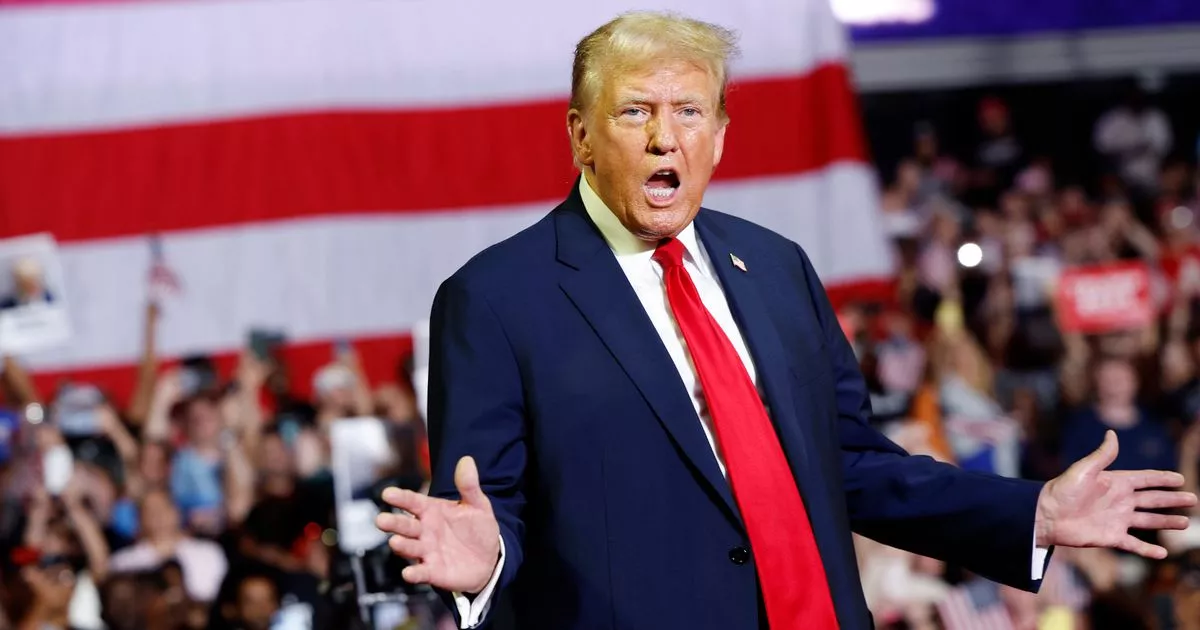“OPINION: Evaluating Trump’s ‘Instinctual’ Diplomacy – Yeni Şafak”
Title: Trump’s ‘Instinctual’ Diplomacy: Fact-Checking the President’s Statements
In a recent interview with Yeni Şafak, Donald Trump touted his diplomatic approach as “instinctual,” claiming that his gut instincts have led to successful negotiations with foreign leaders. This statement comes amidst ongoing scrutiny of the president’s tendency to make false or misleading claims, raising questions about the veracity of his diplomatic achievements.
During the interview, Trump stated, “I think that a lot of it is instinct. You know, I have a good instinct for people. I have a good instinct for deals, whether it’s trade or nuclear or anything you want to call it. I also have a good instinct about timing.” This assertion is in line with his previous comments on relying on his intuition in handling international relations.
However, a closer examination of Trump’s statements reveals a pattern of inaccuracies and unsubstantiated claims. According to fact-checkers, the president has made over 20,000 false or misleading statements since taking office, averaging more than 12 per day. These claims range from exaggerations of his accomplishments to outright fabrications, raising concerns about the impact of misinformation on public discourse and trust in institutions.
One notable example of a false claim made by Trump within the past year is his assertion that mail-in voting leads to widespread fraud. Despite numerous studies and expert analysis indicating that voter fraud is extremely rare, the president has repeatedly claimed that mail-in ballots are susceptible to manipulation, without providing any credible evidence to support his allegations. This has led to a pervasive distrust in the electoral process, with potential consequences for the upcoming election.
Political analysts have expressed concern about Trump’s relationship with the truth, noting the corrosive effect of his false claims on public perception and the erosion of trust in democratic institutions. Studies have shown that misinformation propagated by public figures can have a significant impact on public opinion and behavior, leading to a climate of suspicion and division.
In addition to the implications for public discourse, Trump’s false statements have also sparked legal controversies, with several fact-checking organizations and media outlets facing defamation lawsuits for challenging the veracity of his claims. This has raised important questions about the boundaries of free speech and the responsibility of public figures to provide accurate information to the public.
As the president continues to assert the success of his “instinctual” diplomacy, it is crucial to scrutinize his statements and hold him accountable for the veracity of his claims. In a time of heightened political polarization, the role of the media in presenting verified facts and contextualizing misleading information is more important than ever.
In conclusion, the issue of Trump’s false or misleading statements demands a rigorous and factual approach, including direct quotes, context, fact-checking, and expert perspectives. By critically examining the impact of misinformation on public discourse and trust in institutions, we can shed light on the significance of holding public figures accountable for the veracity of their statements.
Source link
Redirect URL
